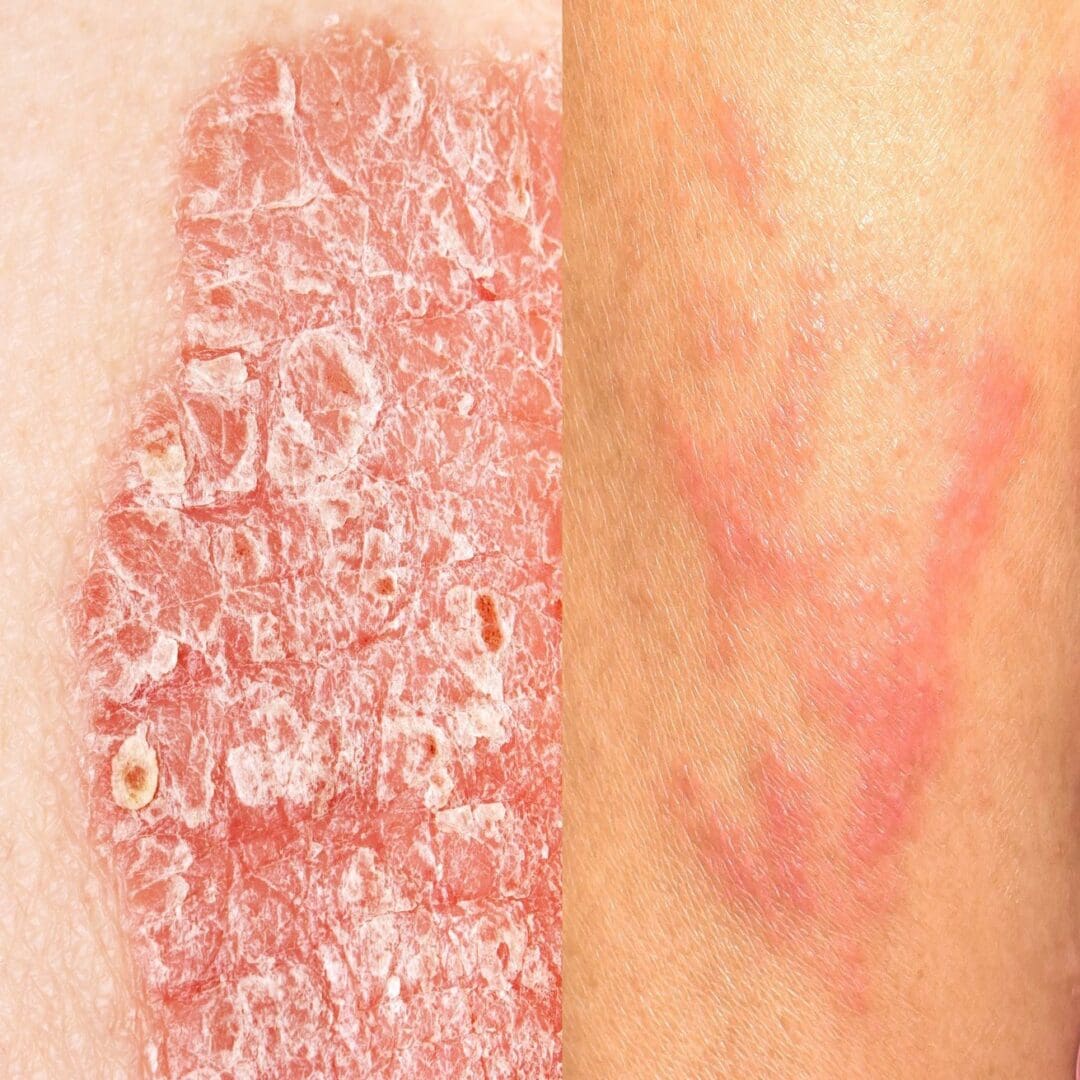Neurotransmitters are chemicals in our brains that work as messengers and are responsible for appetite, sleep, moods, sex drive, and behaviors. When these chemicals are not balanced we will feel brain fogged, unfocused, have “tired and/or wired” energy levels, low libido, and might struggle with weight issues. Research shows that neurotransmitters influence our moods and unsatisfactory levels of certain neurotransmitters have been identified in patients with emotional disorders and mental illness.
What are Neurotransmitters? How do they function?
Our brain contains neurons (specialized nerve cells), which receive information, process it, and transmit it to other cells. These cells do not speak directly to each other, so they use messengers called neurotransmitters which bridge the gaps (called synapses) between neurons to relay important information. If messages are not relayed properly the following issues might occur:
- Obesity
- Migraines
- Premenstrual syndrome
- Adrenal dysfunction
- Fibromyalgia and chronic pain issues
- Eating disorders
- Sleep disorders
- Psychosis
- Depression
- Low libido
- Anxiety disorders (generalized, panic, OCD)
Mood affecting neurotransmitters are:
- Acetylcholine: Regulates voluntary movement, sleep, memory, and learning. Too much acetylcholine is present in depression , and too little is present in patients with dementia.
- Serotonin: Helps to regulate appetite, sleep, impulsive behavior, aggression, and mood. Too little serotonin is present in cases of depression and anxiety disorder, in particular obsessive-compulsive disorder (OCD).
- Dopamine: Regulate learning, focus and movement. Excessive levels of dopamine are present in patients with schizophrenia ; too little dopamine is associated with depression, as well as the tremors exhibited by patients with Parkinson’s disease.
- Epinephrine (adrenaline): Regulates glucose metabolism and energy levels; low levels are linked to depression.
- Norepinephrine (noradrenalin): Regulates appetite and alertness; low levels are found in patients with depression, while excessive norepinephrine has been found in patients with schizophrenia.
- GABA (gamma-amino butyric acid): GABA is known to inhibit anxiety and excitation. Too little GABA is associated with anxiety disorders.
- Endorphins: These are the “happy” neurotransmitters that promote feelings of contentment and pleasure; they are also involved in pain
Causes of neurotransmitter imbalance:
The usual culprits we know as the standard American diet (SAD) and poor stress coping habits are most often responsible for neurotransmitter imbalances. Since neurotransmitters are made from amino acids, which come from protein, it is vital to have a good dietary intake of clean protein, vitamins and minerals. In addition, medications, drugs and alcohol, hormone imbalances, genetics, and heavy metal toxicity can all play a role in neurotransmitter depletion.
Diagnosis of neurotransmitter imbalance:
Western medicine uses prescription medications to treat most of the issues listed above. Many times multiple medication “cocktails” are used. Please watch the documentary “The Medicated Child” to see that this happens with children as well as with adults. There is no western laboratory testing that will show neurotransmitter levels so they can be treated directly, so medications are “tried” one at a time until finally patients feel so frustrated that they are willing to live with feeling numb and with the many side effects these medications usually come with. However there is neurotransmitter testing available which provides a simple tool for determining the precise cause of the symptoms by pinpointing exactly which neurotransmitters are out of balance. This testing is from the functional medicine world and requires a blood or urine sample.
Neurotransmitter testing gets to the cause of the condition which frees medical providers from having to throw medications at an issue until one of them finally works. With this kind of diagnostic precision medications are many times not even necessary. Natural supplements, dietary changes, exercise plans, stress reduction interventions and behavioral or hypnotherapy might be all that is necessary to come back into balance and have the quality of life and libido level you have always desired.
Check in with Dr.Keesha or one of her Integrated Medicine Health Coaches to see how your chemicals can be altered so you can feel fabulous!
For more tips on feeling fabulous and increasing your vitality visit www.DrKeesha.com . Share this on your social media sites if you like it so you and I can help even more people feel fabulous!
Here’s to your health,
Dr. Keesha
P.S. If you would like to empower yourself and empower others check out Dr. Keesha’s Academy for Integrated Medicine Health Coach Certification Program. You will learn how to run labs, read the data and make recommendations that will heal you while in the program and then give you a wonderful career healing others! This is the ONLY health coach program that teaches you how to work with lab data, Ayurveda, Functional Medicine, and nutrition. www.drkeesha.com .
P.P.S. Make sure you follow me (and like us) on Facebook for more feel good tips for super charged energy, passion and mood: https://www.facebook.com/drkeeshaewers?fref=ts

 Shakshouka (shakshoka, chakchouka, shak-shouka, shak shouka) is a dish I was served whilst traveling in Africa. Our lovely hostess served it out on the veranda where we ate in the company of ostriches, buffalo, flamingoes, zebras, and giraffes who were quietly grazing and roaming the expansive land that surrounded her conservancy home in Kenya.
Shakshouka (shakshoka, chakchouka, shak-shouka, shak shouka) is a dish I was served whilst traveling in Africa. Our lovely hostess served it out on the veranda where we ate in the company of ostriches, buffalo, flamingoes, zebras, and giraffes who were quietly grazing and roaming the expansive land that surrounded her conservancy home in Kenya. 

